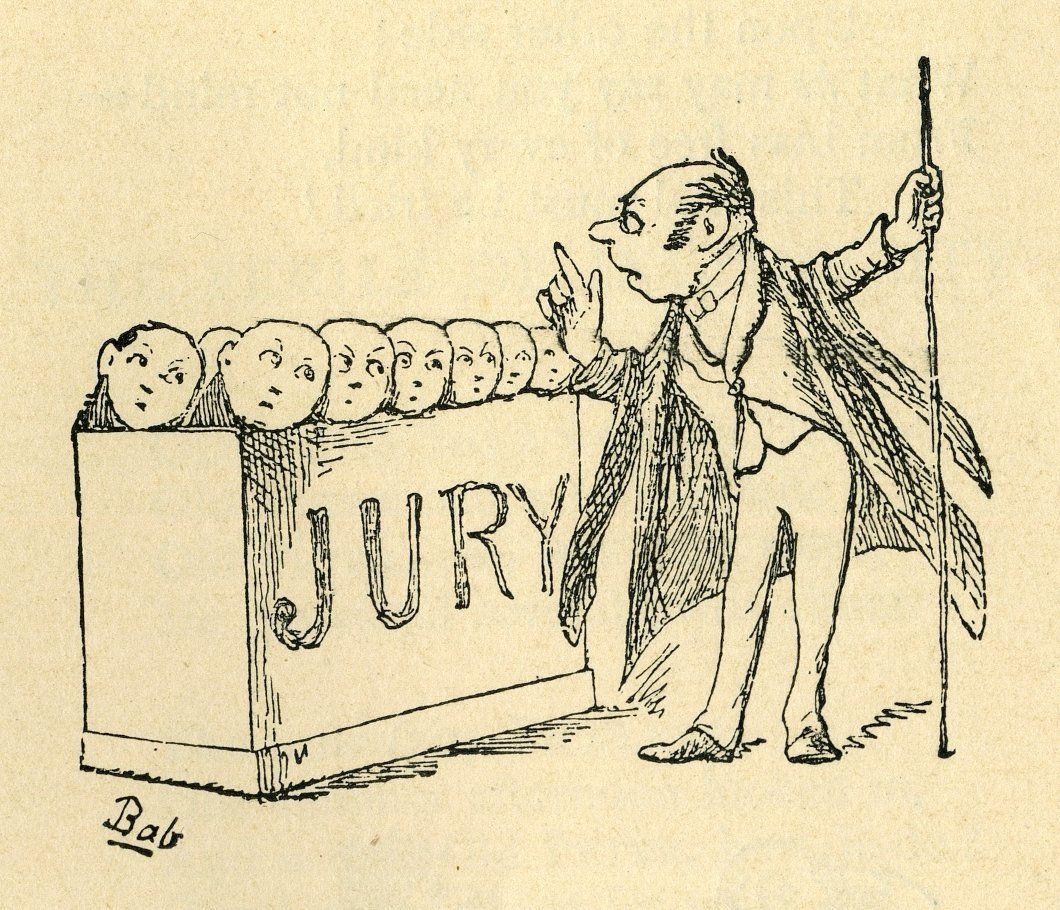AMENDMENT TO NEW YORK LABOR LAW EXPANDS WHISTLEBLOWER PROTECTIONS
THE 2022 AMENDMENT TO NEW YORK LABOR LAW
In 2021, New York Governor Hochul signed an amendment to Section 740 of the New York Labor Law (NYLL). The amendment, which went into effect in 2022, benefits whistleblowers by offering them robust protections against employer retaliation. The legislation is complex and has a significant impact on both employees and businesses, so it is crucial to seek expert guidance. If you have questions or concerns regarding how the legislation could affect your workplace, consult Employment Attorney Raymond Nardo
THE IMPACT OF THE AMENDMENT
- Expanded Definition of “Employee”: One way that the amendment expands whistleblower protection is by redefining the term “employee.” Prior to the amendment, the definition of employee was someone who performed “services for, and under the direction and control of, an employer for wages or other remuneration.” Under the amendment, "employee" also includes contractors and former employees. Significantly, whistleblowers are protected from employer retaliation whether or not an alleged violation is within the scope of their official duties.
- Expanded Definition of “Law, Rule or Regulation” and “Retaliatory or Adverse Action”: Prior to the amendment, the definition of “law, rule or regulation” was limited to “any duly enacted statute or ordinance or any rule or regulation promulgated pursuant to any federal, state or local statute or ordinance.” Under the amendment, “law, rule or regulation” also includes executive orders and judicial or administrative decisions, resulting in a wider array of potentially reportable employer violations.
- "Retaliatory or adverse action" has also been expanded to include:
- actual or threatened adverse employment actions;
- actions that would adversely impact future employment; or
- the reporting of the suspected citizenship or immigration status of employees, their family or their household members.
- Strengthened Protections for Employees Who "Reasonably Believe" a Violation Occurred: Prior to the amendment, if an employee alleged that his or her employer had violated a law, rule or regulation, whistleblower protections applied only if the employee could provide proof the violation had actually occurred. Under the amendment, employees are protected from retaliation if they disclose or threaten to disclose an employer practice which they "reasonably believe" violates a law or poses a substantial and specific danger to public health or safety. This covers employees who provide information or testimony to public bodies, as well as those who intentionally refuse to participate in such investigations or hearings.
- Relaxed Internal Disclosure Requirement: Prior to the amendment, whistleblowers were required to disclose alleged violations to their employer before reporting them to a public body. Under the amendment, whistleblowers must make a "good faith effort" to internally disclose an alleged violation. However, the amendment allows whistleblowers to omit internal disclosure entirely in the event that:
- There is an imminent and serious threat to public health and safety;
- The employee reasonably believes prior notification of employer will result in the destruction of evidence or concealment of the activity, policy or practice;
- Such activity could reasonably be expected to endanger a minor;
- The employee reasonably believes that prior notification of an alleged violation will result in physical harm to the employee or another person; or if
- The employee reasonably believes the employer is already aware of the unlawful or harmful practice and will not correct the practice if reported.
- Enhanced Plaintiff Entitlements and Relief: Prior to the amendment, whistleblowers had one year to file a retaliation claim against an employer and were denied a jury trial. Under the amendment whistleblowers are entitled to two years to file a retaliation claim and are entitled to a jury trial. The amendment also provides successful plaintiffs with the following forms of relief:
- injunctive relief;
- reinstatement to the same or an equivalent position;
- reinstatement of full fringe benefits and seniority rights;
- compensation for lost wages and benefits;
- reasonable costs and attorneys’ fees associated with bringing the action;
- front pay in lieu of reinstatement;
- a civil penalty of up to $10,000 and
- punitive damages where the employee can prove that the employer’s violation was willful, malicious, or wanton.
- Publication: Finally, the statute now requires employers to “inform employees of their protections, rights and obligations under this section, by posting a notice thereof,” which “shall be posted conspicuously in easily accessible and well-lighted places customarily frequented by employees and applicants for employment.”
CONCLUSION
In short, the amendment to New York labor law expands whistleblower protections against employer retaliation and thereby employees may be encouraged to report illegal or unsafe employer practices. Nevertheless, blowing the whistle on an employer can be intimidating. Thankfully, access to experienced legal counsel can help whistleblowers successfully speak out against workplace violations. Employment Attorney Nardo has won jury trials and secured millions of dollars in settlements for both employer and employee clients. If you reasonably believe your employer is engaged in unlawful activity or that your employer has retaliated against you for reporting illegal activity, consult Employment Attorney Raymond Nardo for honest, professional, results-focused legal advice that can help you understand your rights and options.










